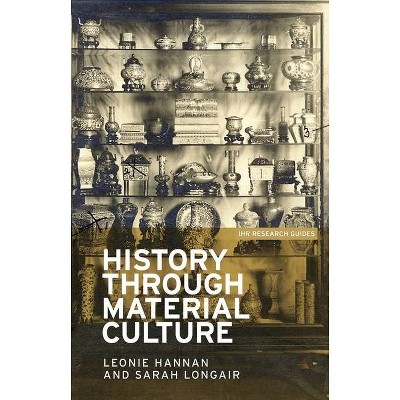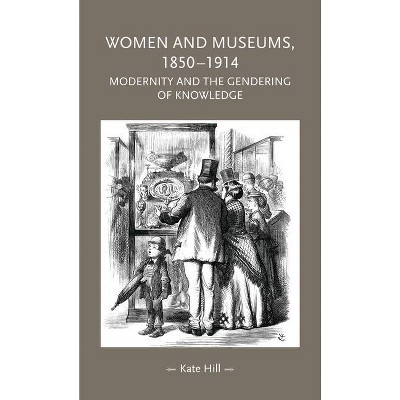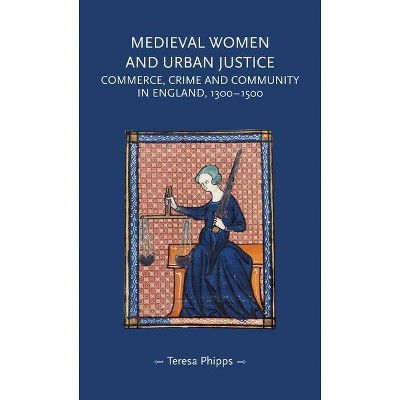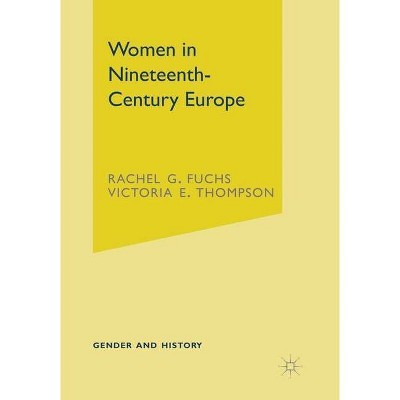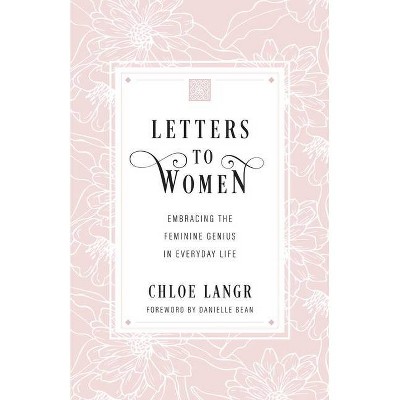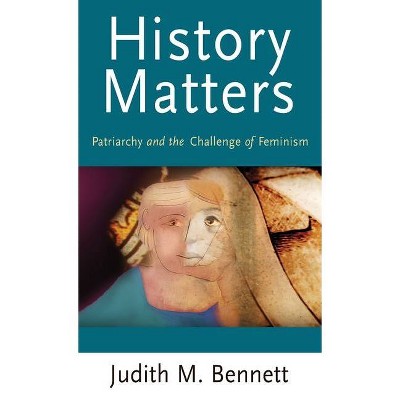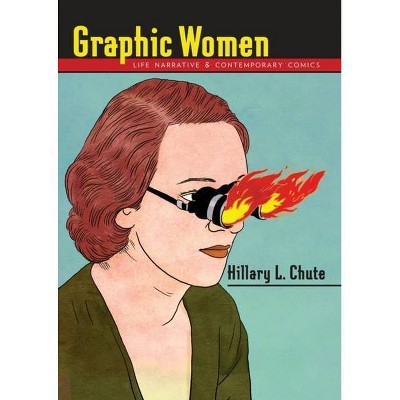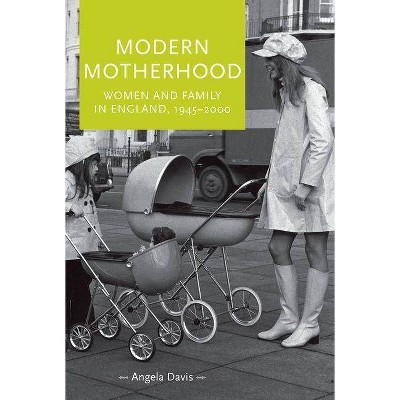Women of letters - (Gender in History) by Leonie Hannan (Paperback)
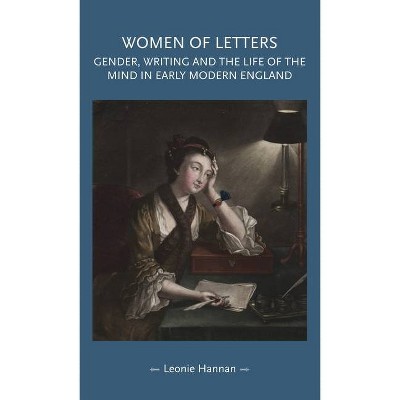
Similar Products
Products of same category from the store
AllProduct info
<p/><br></br><p><b> About the Book </b></p></br></br><i>Women of letters</i> writes a new history of English women's intellectual worlds using their private letters as evidence of hidden networks of creative exchange. The book argues that many women of this period engaged with a life of the mind and demonstrates the dynamic role letter-writing played in the development of ideas.<p/><br></br><p><b> Book Synopsis </b></p></br></br><p>This book presents a new history of English women's intellectual worlds, using private letters as evidence of hidden networks of creative exchange. It is the first detailed study to recognise correspondence as the central social practice in the development of female intellectual thought <em>c</em>. 1650-1750, and demonstrates that, despite lacking access to higher education, a great many<em> </em>women of the period found ways of engaging with the life of the mind.<br /> <br /> <em>Women of letters</em> explores the ways in which women related to their intellectual pursuits and unpacks their complex motivations for engaging in thought-provoking letter-writing. Until now, it has been assumed that women's intellectual opportunities were curtailed by their confinement in the home. This book illuminates the household as a vibrant site of intellectual thought and expression and offers a new and inclusive view of intellectual life: one that embraces a broad range of informal writing and critical discourse. Amidst the catalogue of day-to-day news in women's letters are lines of ink dedicated to the discussion of books, plays and ideas. Through these personal epistles, <em>Women of letters</em> offers a fresh interpretation of intellectual life in the late-seventeenth and early-eighteenth centuries, one that champions the ephemeral and the fleeting in order to rediscover women's lives and minds.</p><p/><br></br><p><b> From the Back Cover </b></p></br></br>This book presents a new history of English women's intellectual worlds, using private letters as evidence of hidden networks of creative exchange. It is the first detailed study to recognise correspondence as the central social practice in the development of female intellectual thought <i>c</i>. 1650-1750, and demonstrates that, despite lacking access to higher education, a great many women of the period found ways of engaging with the life of the mind. <i>Women of letters</i> explores the ways in which women related to their intellectual pursuits and unpacks their complex motivations for engaging in thought-provoking letter-writing. Until now, it has been assumed that women's intellectual opportunities were curtailed by their confinement in the home. This book illuminates the household as a vibrant site of intellectual thought and expression and offers a new and inclusive view of intellectual life: one that embraces a broad range of informal writing and critical discourse. Amidst the catalogue of day-to-day news in women's letters are lines of ink dedicated to the discussion of books, plays and ideas. Through these personal epistles, <i>Women of letters</i> offers a fresh interpretation of intellectual life in the late-seventeenth and early-eighteenth centuries, one that champions the ephemeral and the fleeting in order to rediscover women's lives and minds.<p/><br></br><p><b> About the Author </b></p></br></br>Leonie Hannan is Research Fellow in the School of History and Anthropology at Queen's University, Belfast
Price History
Price Archive shows prices from various stores, lets you see history and find the cheapest. There is no actual sale on the website. For all support, inquiry and suggestion messages communication@pricearchive.us
